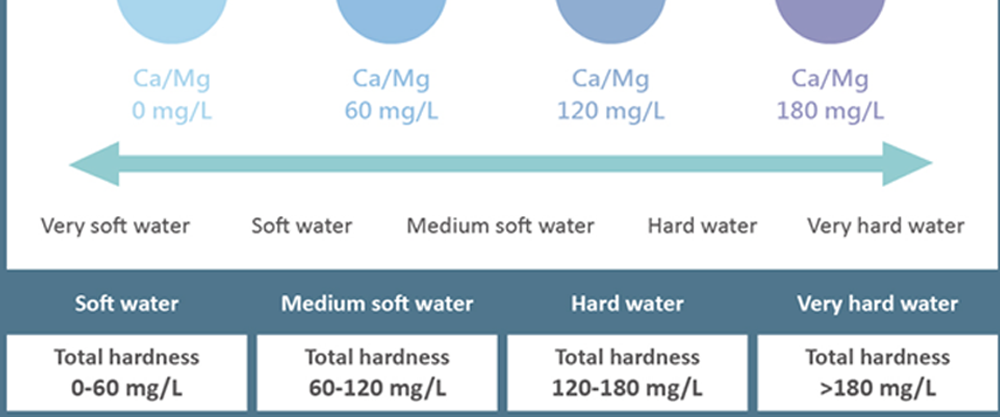Setting up a joint laboratory between Pakistan and China for the management of agricultural pests
An agreement that can be modeled in our neighborhood: China is one of the countries that hosts many agricultural products from our country every year. One of the important factors in the development of the export of agricultural products to this country is to ensure the health of the exported products. The joint cooperation with the Chinese, such as Atengeh, follows without a doubt, it will be a significant contribution to the export of agricultural products to Pine and even other countries. It's a good example to think about.
Pakistan's University of Agriculture Faisalabad (UAF) and the Institute of Plant Conservation of the Chinese Academy of Agricultural Sciences (IPPCAAS) signed a Memorandum of Understanding (LoI) in Beijing to establish a joint Pakistan-China laboratory for agricultural pest management.
According to the IPPCAAS, the two sides will begin operations to set up a joint laboratory and conduct experiments, field activities and joint research on integrated pest and plant disease control technologies of common priority, as well as technical personnel training and personnel exchange and training.
“Pakistan is suffering a lot from pest problem. For example, whitefly damages cotton, citrus, guava, etc. Exports of Pakistani fruits and vegetables to various countries in the Middle East are sometimes returned due to the presence of whitefly and pesticide residues. Out of 1300 pesticide molecules registered in Pakistan, not a single molecule can control whitefly. On the other hand, the data related to the threshold of economic loss and the level of economic loss of pests in Pakistan are related to 75 years ago and need to be reviewed so that these indicators can be updated in the shortest possible time.
This collaboration is part of Pakistan's efforts towards climate-smart agriculture to provide food for future generations using modern technologies. Cooperation of Chinese Academy of Agricultural Sciences with University of Faisalabad is of national importance for Pakistan. "Faisalabad is a textile city. The existence of a special economic zone requires further research for its industrial development. In this city, with the cooperation of the institute, 6000 students have passed different levels of Chinese language, and it serves as a bridge between the two sides of cooperation.






